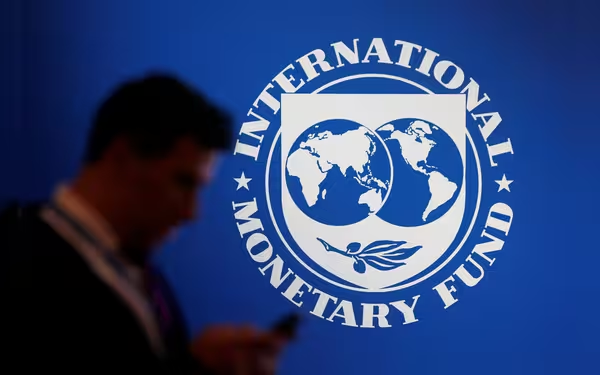Thursday, July 4, 2024 06:38 PM
Pakistan-IMF Talks Stalled Over Tax Reforms
- Proposed 45% income tax rate for high earners sparks debate
- Disagreement on sales tax in agriculture and health sectors
- Ongoing standoff in negotiations between Pakistan and IMF
 Image Credits: tribune.com.pk
Image Credits: tribune.com.pkThe Pakistan-IMF negotiations face a deadlock over proposed tax reforms, including income tax hikes and sales tax in specific sectors. The outcome will impact Pakistan's economy and citizens.
The recent talks between Pakistan and the International Monetary Fund (IMF) have hit a roadblock as both parties failed to come to an agreement. The main bone of contention revolves around proposed alterations to income tax rates for both salaried and non-salaried individuals, along with the suggestion of introducing an 18% sales tax on goods in the agriculture and health sectors.
The crux of the discussions lies in the proposition to impose a significantly higher income tax rate of 45% on those earning slightly above Rs467,000 per month. This particular proposal has stirred up a heated debate and stands as a major obstacle in the ongoing negotiations.
The negotiations between Pakistan and the IMF have been ongoing for some time now, with both sides striving to find common ground on crucial economic matters. The IMF has been pushing for reforms in Pakistan's taxation system to boost revenue generation and ensure financial stability. On the other hand, Pakistan is wary of implementing drastic changes that could burden its citizens, especially the middle-income earners.
Despite multiple rounds of discussions and deliberations, the two parties have failed to reach a consensus on the proposed tax reforms. The disagreement over the income tax hike for higher earners and the introduction of a standard sales tax on specific sectors has led to a deadlock in the negotiations. Both Pakistan and the IMF are standing firm on their respective positions, making it challenging to find a middle ground.
As the impasse continues, the future of the Pakistan-IMF negotiations remains uncertain. The outcome of these talks will have significant implications for Pakistan's economy and its citizens. It is crucial for both parties to engage in constructive dialogue and find a balanced solution that addresses the concerns of all stakeholders while ensuring financial stability and growth.













